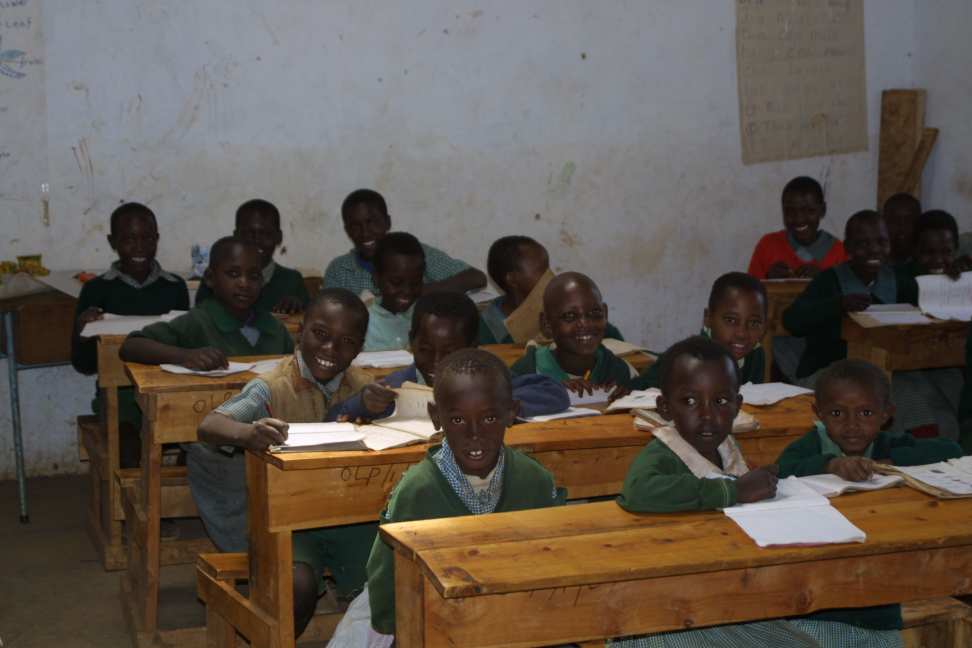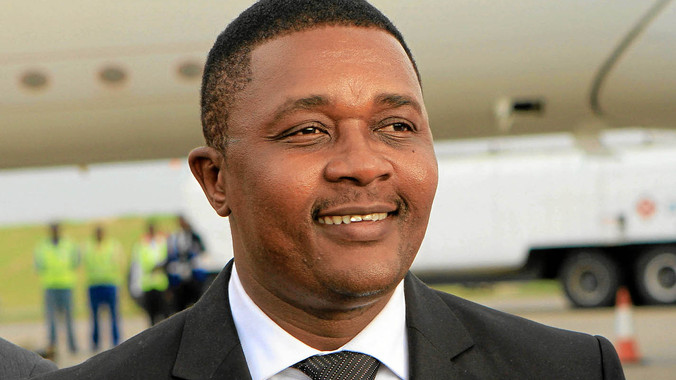Editorial Comment: Let’s all strive to improve our schools

 The land reform programme has brought about immense opportunities for improved economic and social conditions for the formerly landless blacks.
The land reform programme has brought about immense opportunities for improved economic and social conditions for the formerly landless blacks.
Now that they have reclaimed their land, their dignity has been restored. Also, basically all new farmers are now more food self-sufficient than before and are growing cash crops which they are selling to earn substantial amounts of money. The people are now more empowered than before and their standards of living have markedly improved.
However, more still has to be done for us to consolidate the positives emanating from the land reform programme.
The government opened up land that had never been inhabited before, so is in need of basic infrastructure such as roads, clinics and schools to serve the new settlers and their families.
Many of our people, as resourceful as ever, are finding ways to go round these infrastructural challenges. They are converting tobacco barns or storerooms into clinics and schools, building new ones using the most basic of materials, and opening up earth roads to make their areas functionally liveable. But this cannot be enough.
We carried a story yesterday of a new standard school, Molo Primary that was recently built in Bubi, Matabeleland North, to replace a pole and dagga structure that had been there since 2000.
Officially opening the new school on Wednesday, the Deputy Minister of Primary and Secondary Education, Professor Paul Mavima, said there were about 1,500 pole and dagga schools across the country which must be improved. He said some schools, mostly in resettlement areas, do not have appropriate classrooms and lessons were being conducted in tobacco barns or structures built using mud and grass. He called upon the private sector to complement government’s efforts in coming up with proper learning structures.
“I believe the concept of private public partnerships can also be implemented in social services. It’s a new idea worth pursuing as resources will hardly ever be enough to solve all the challenges we face,” he said. “Companies should come in and serve communities instead of only exploiting natural resources within the communities. Building a school changes lives, they must aim to change the lives of the communities they operate in.”
The rudimentary schools lack just about everything, from infrastructure, books and other teaching and learning materials and teachers themselves. It goes without saying that such learning conditions equal poor education quality-wise.
The private sector and other development partners have a role to play in helping the government deliver education to its people.
It is a challenging task, we have to admit given that there are 1,500 pole and mud schools countrywide, but the government can only build 60 yearly. At this rate and on the basis of the population and demand for education of today, we would need 25 years to build proper schools in newly resettled areas only.
This does not include increasing population in the needy areas and concomitant increase in demand for the essential service. Outside the newly resettled areas, demand for new schools would not wait simply because we have a fresh zone needing attention.
This demonstrates the magnitude of work that has to be done for the country to provide primary and secondary education in reclaimed lands. Government is already at work, with limited resources. Contributions from outsiders would definitely be welcome.
We are mindful of the fact that in addition to new and decent education infrastructure on the formerly white-owned farms, the schools have to be sufficiently staffed with qualified teachers. At this time, qualified teachers are refusing to serve at the pole and dagga schools because of the appalling infrastructure and their remoteness. As a result untrained teachers are working there, some of them as heads!
However, new facilities in the areas should encourage qualified educators to work there. With proper schools in place, and qualified and motivated teachers as well, we should be able to make available an education of better quality to the masses. Our heroic foot soldiers who occupied the farms in 2000 did their part. Their children, some of whom participated in the occupations, or were born on the liberated zones deserve a better deal. They are farming for the country and doing well for themselves in some areas, but when it comes to providing a meaningful education — the physical infrastructure, skilled personnel and so on — government has to step in. This is an emergency.










Comments